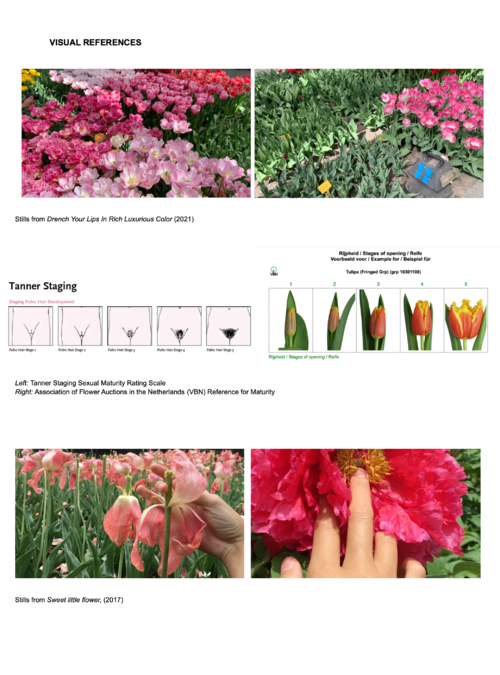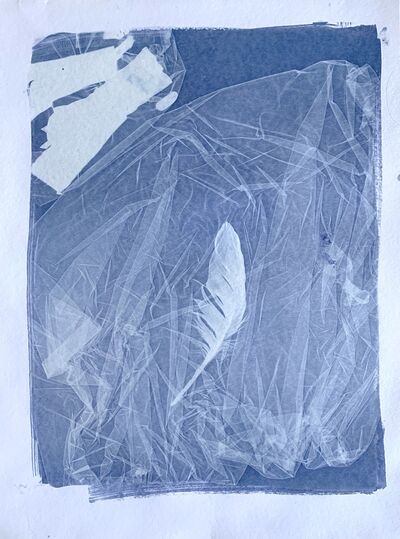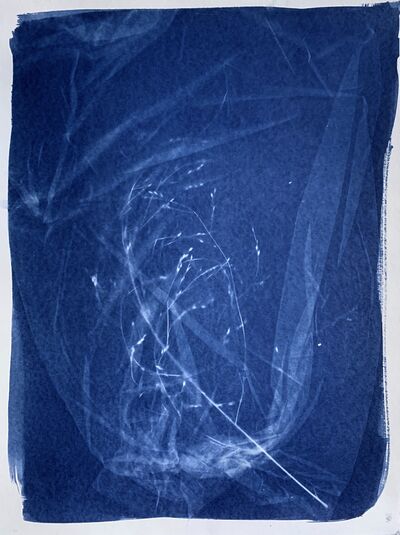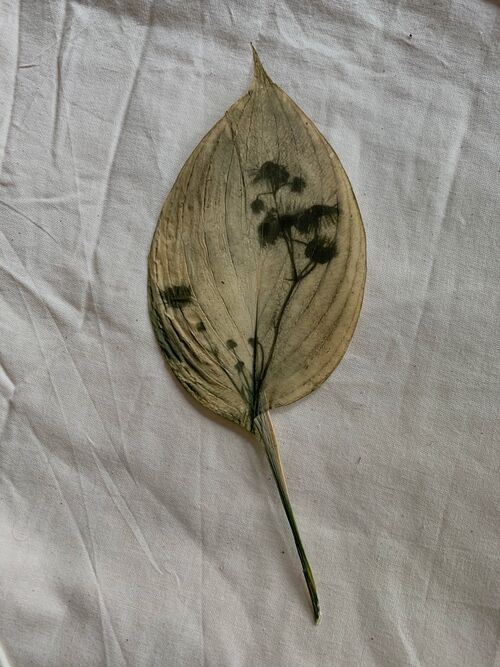User:Shannon: Difference between revisions
No edit summary |
No edit summary |
||
| (49 intermediate revisions by the same user not shown) | |||
| Line 1: | Line 1: | ||
10.31.22 Presentation [https://drive.google.com/file/d/10E0_Zq-c6dvs_aOqKGSXaIfEbH_vKx_F/view?usp=sharing PDF] [https://docs.google.com/presentation/d/1qcfV4GJGZgXkeTKpFfwavQvaI9sWu6Cy/edit?usp=sharing&ouid=109513610581024551239&rtpof=true&sd=true PPT] | |||
[[File:Look natural in any light.png|500px]] | |||
*Sweet little flower, | |||
https://vimeo.com/319400151 | |||
*The Sun Burns An Image Into My Eye | |||
*cyanotypes, chlorophyll prints | |||
[[File:Cyanotype 1.jpg|400px]] | |||
[[File:Cyanotype 2.jpg|400px]] | |||
[[File:Chlorophyll Print.jpg|500px]] | |||
*sound/performance | |||
==Areas of research== | |||
*agronomy | |||
*seed laws | |||
*floriculture/horticulture | |||
*flower industry and auction in the Netherlands | |||
*considering waste and trash objects | |||
*emotional, physical, chemical presentations of boundaries/permeability | |||
*desire for preservation | |||
== Notebook == | == Notebook == | ||
'''Reading, Writing, Research Methodologies''' | '''Reading, Writing, Research Methodologies''' | ||
| Line 16: | Line 45: | ||
[[User:Shannon/Interview|Interview]] | [[User:Shannon/Interview|Interview]] | ||
''' | [[User:Shannon/synopsis|Synopsis]] | ||
'''References''' | |||
*''Index Cards'' by Moyra Davey | |||
*''Braiding Sweetgrass'' by Robin Wall Kimmerer | |||
*''Another Country'' by James Baldwin | |||
*''Peace is Every Step'' by Thich Nhat Hanh | |||
*''The Argonauts'' by Maggie Nelson | |||
*''Department of Speculation'' by Jenny Offill | |||
*''Take Care of Yourself'' by Sophie Calle | |||
'' | *''The Overstory'' by Richard Powers | ||
*''The One-Straw Revolution'' by Masanobu Fukuoka | |||
*"[https://www.artsy.net/article/artsy-editorial-taryn-simon-tackles-international-politics-with-flowers "Taryn Simon Unearths the Flowers that Witnessed History’s Most Pivotal Political Decisions'] | |||
'' | *''The Mushroom At The End Of The World'' by Anna Lowenhaupt Tsing | ||
*''Crawling Doubles - Colonial Collecting and Affect'' by Mathieu Kleyebe Abonnenc | |||
Latest revision as of 22:15, 12 September 2023
- Sweet little flower,
- The Sun Burns An Image Into My Eye
- cyanotypes, chlorophyll prints
- sound/performance
Areas of research
- agronomy
- seed laws
- floriculture/horticulture
- flower industry and auction in the Netherlands
- considering waste and trash objects
- emotional, physical, chemical presentations of boundaries/permeability
- desire for preservation
Notebook
Reading, Writing, Research Methodologies
References
- Index Cards by Moyra Davey
- Braiding Sweetgrass by Robin Wall Kimmerer
- Another Country by James Baldwin
- Peace is Every Step by Thich Nhat Hanh
- The Argonauts by Maggie Nelson
- Department of Speculation by Jenny Offill
- Take Care of Yourself by Sophie Calle
- The Overstory by Richard Powers
- The One-Straw Revolution by Masanobu Fukuoka
- The Mushroom At The End Of The World by Anna Lowenhaupt Tsing
- Crawling Doubles - Colonial Collecting and Affect by Mathieu Kleyebe Abonnenc




